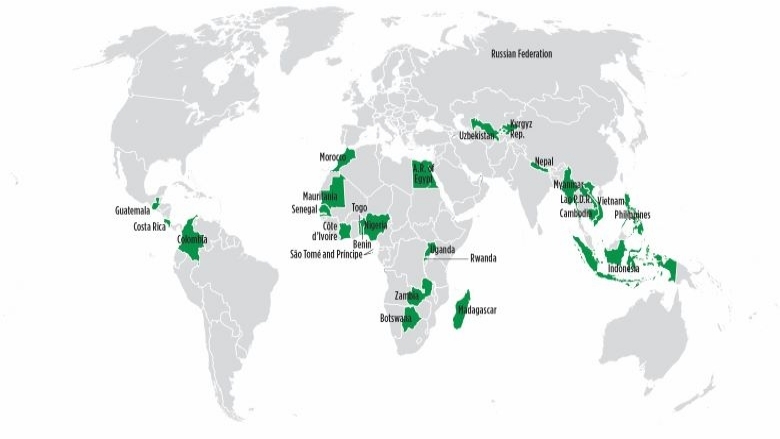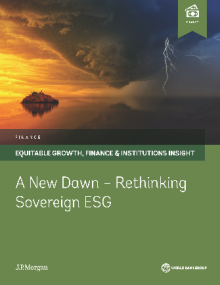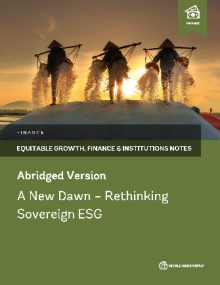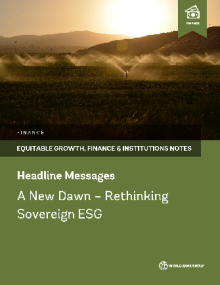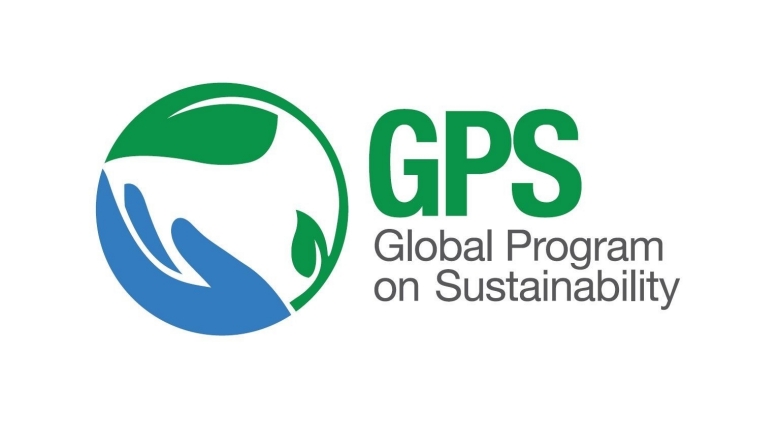Global information on natural capital and sustainability
Objective: Develop a global information base and tools to inform policy and investment decisions.
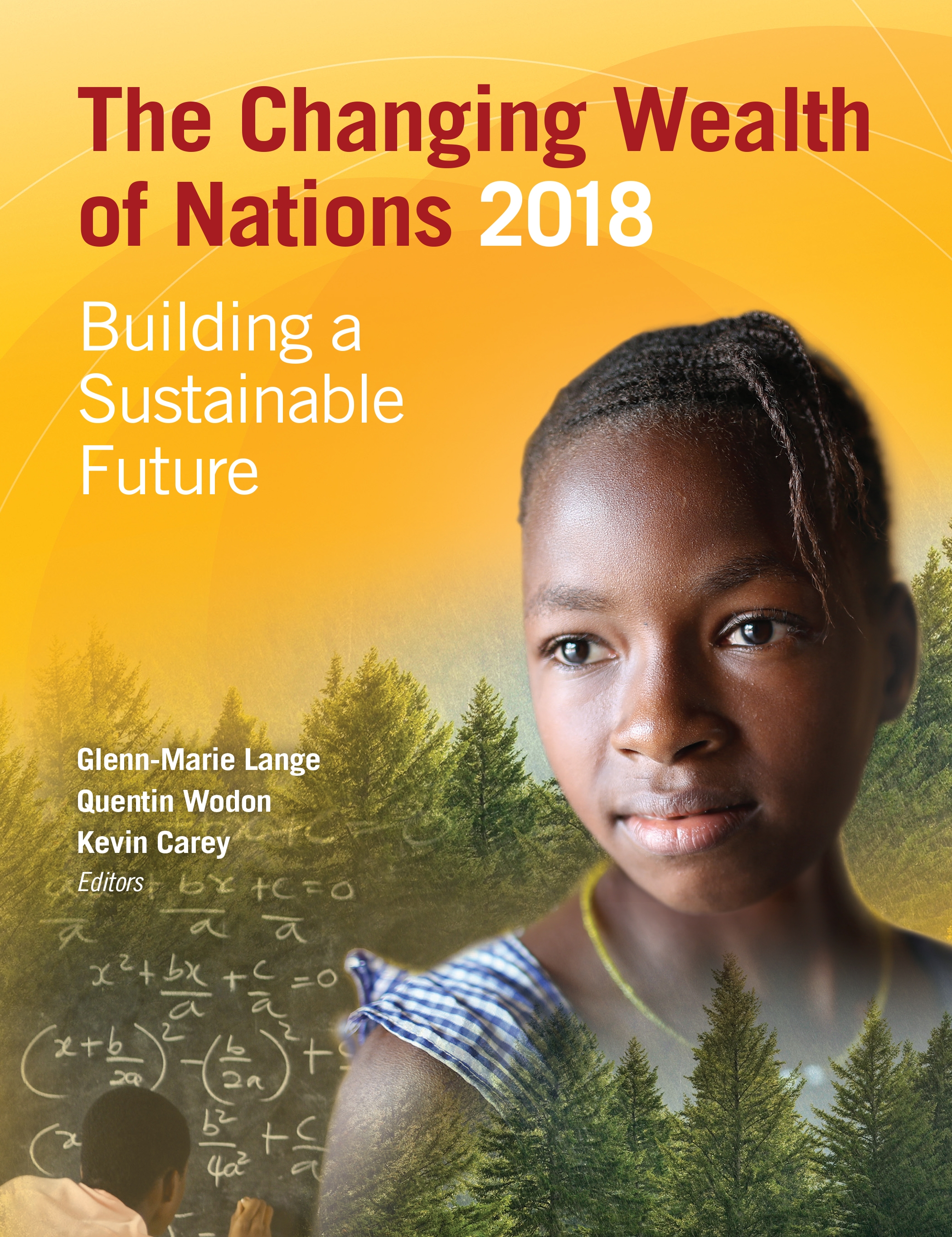
Pillar 1 of GPS addresses these challenges. First by measuring sustainability, including improved global measurements of natural capital and ecosystem services. This involves evaluating the national, sector and local sustainability performance of countries. The goal is to develop a data platform and tools to assess, natural capital and ecosystem services in physical and monetary terms in countries; and analyze the linkages between environmental degradation and socio-economic outcomes.
Second by mainstreaming sustainability. Activities supported include: producing high-level publication for the broader development community like The Changing Wealth of Nations and policy papers on greening fiscal, trade and governance regimes. This component focuses on mainstreaming sustainability concerns in World Bank products and processes like the Country Partnership Frameworks as well as the new Environment and Social Framework. The program also focuses on mainstreaming sustainability issues into the risk assessment and investment processes of the financial sector – as described in Pillar 3.
Progress
The IPBES global assessment showed that the loss of biodiversity is unprecedented. This report galvanized efforts to scaled-up action towards reversing that loss. As a contribution to those efforts, GPS has started an initiative called The Road to Kunming. A major component is analytical work to inform the development of the Post-2020 Global Biodiversity Framework. With the objective of putting biodiversity on the agenda of decision makers beyond Ministries of Environment, an event, Invest in Nature, was organized during the IMF-World Bank Annual Meetings in October 2019.
The next version of The Changing Wealth of Nations (CWON), expected to be released in 2020, will expand the range of natural assets and ecosystem services included in the analysis and will feature novel lines of policy analysis including effects of climate change, and stranded assets. So far, inception reports for ocean assets, renewable energy, and the impact of air pollution on human capital have been drafted. A report on fossil fuel dependent countries under low carbon transition is also nearly complete.
To enable customized uses by development practitioners and the public at large, the data generated by GPS is being made available and accessible online on the Environment and Sustainability Data Platform. This data platform will complement the Sovereign ESG Data Portal and will eventually converge towards an integrated platform. The Sovereign ESG Data Portal was launched on October 29, 2019.
